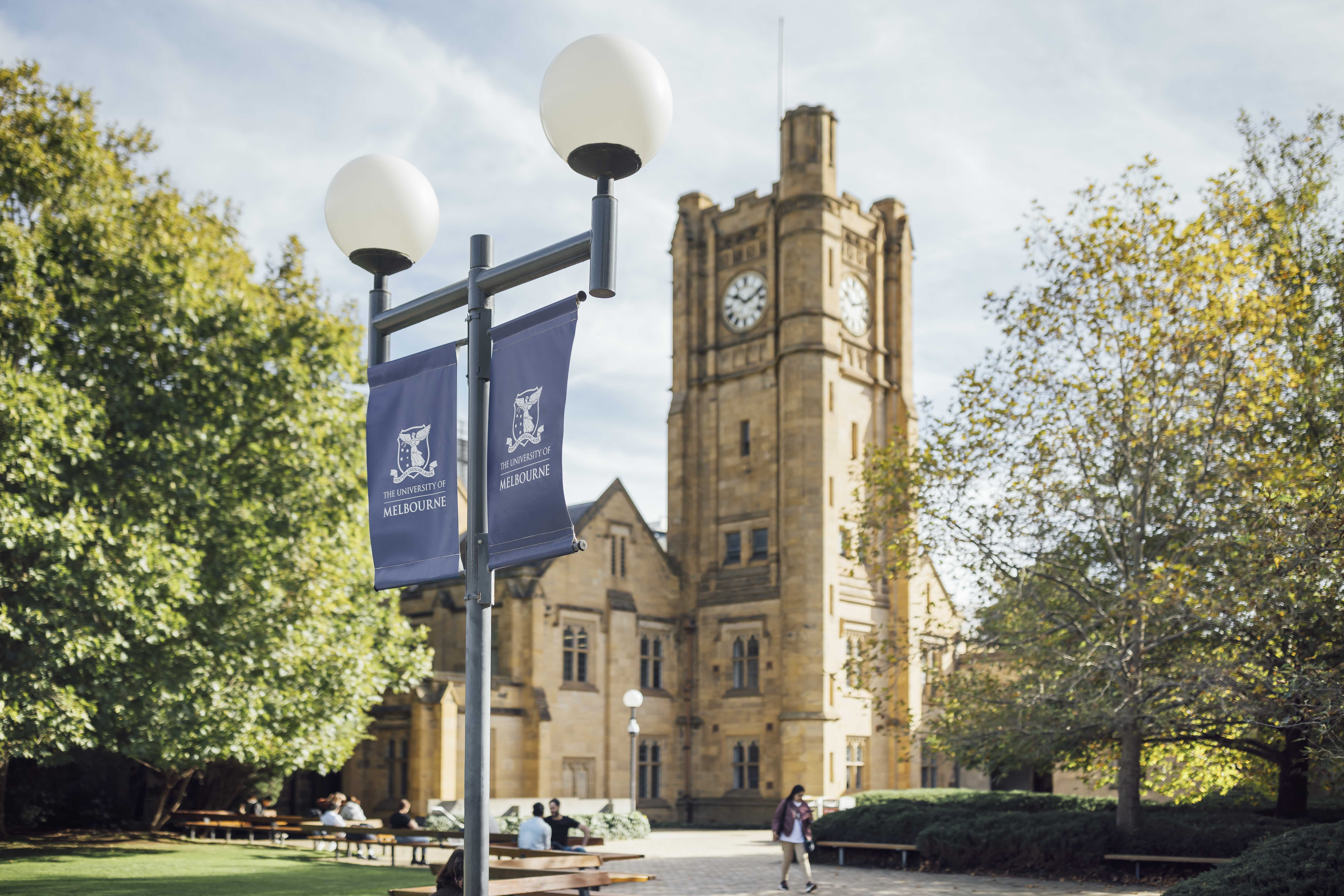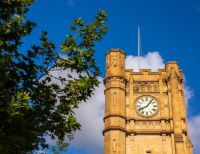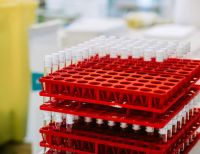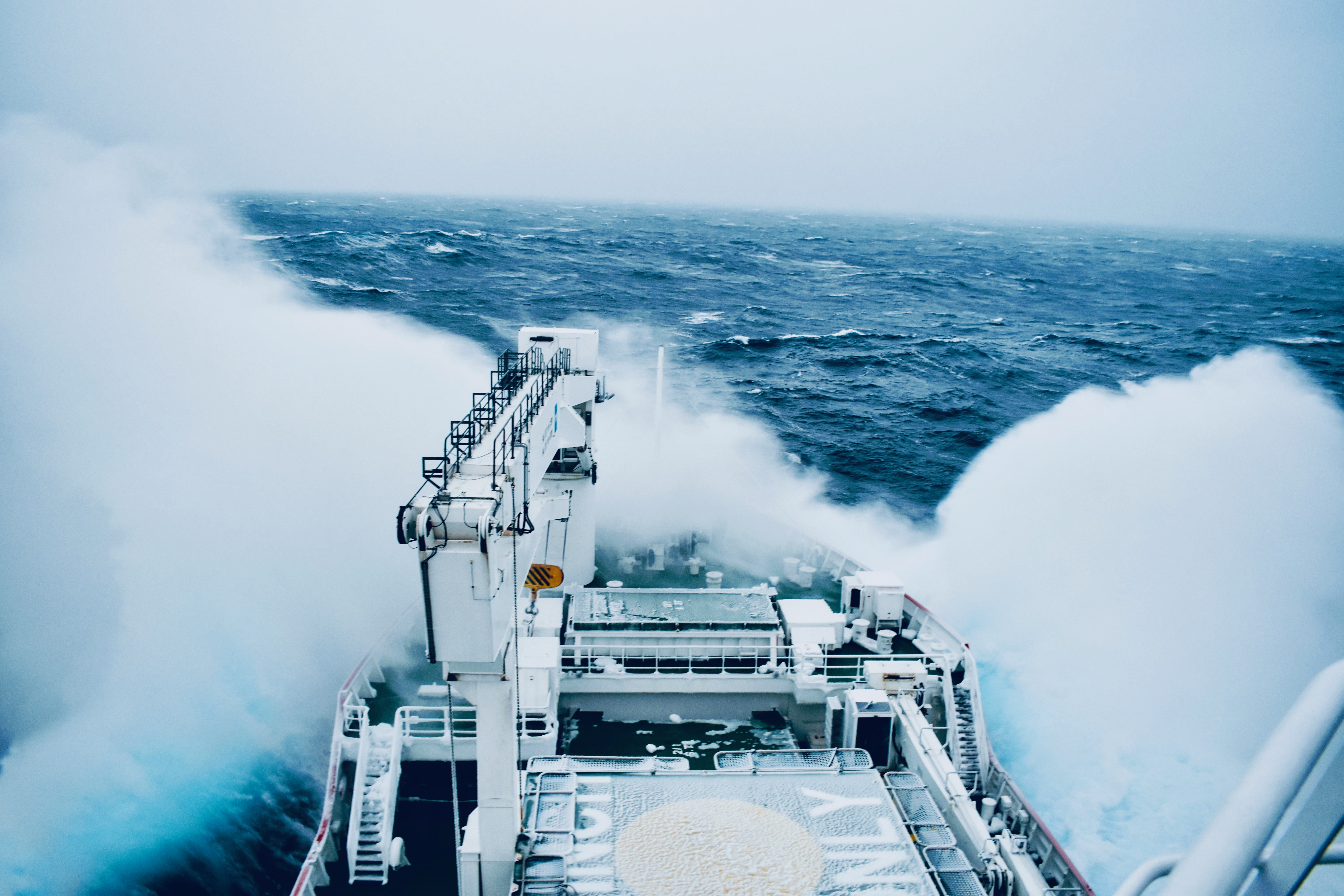 The University of Melbourne has welcomed the allocation student places under the Australian Government’s NPS Student Pathways program.
The University of Melbourne has welcomed the allocation student places under the Australian Government’s NPS Student Pathways program.
The University of Melbourne has welcomed the allocation of 300 domestic engineering and science student places under the Australian Government’s Nuclear-Powered Submarines (NPS) Student Pathways program.
Overall, the NPS offers 4,001 Commonwealth supported places in STEM courses to help grow the skilled workforce required to deliver the AUKUS nuclear-powered submarine pathway, starting in 2024.
These places will be offered in identified priority areas including electrical engineering systems, mechanical engineering systems, chemical engineering systems, physics, chemistry, and mathematics and statistics.
Graduates from the NPS will form part of the future workforce needed to operate and build advanced technologies, including nuclear-powered submarines, that Australia will acquire from the United States and United Kingdom and build in South Australia.
The University of Melbourne students will study elective subjects including nuclear physics, Indo-Pacific relations and defence and legal policy. They will undertake an undergraduate science degree focusing on key areas in science and engineering needed to support the future workforce capabilities and then be eligible to transition straight into a postgraduate degree in engineering or science.
The first cohort will start in Semester 1, 2024. The program concludes in 2030.
Professor Mark Cassidy, Dean of the Faculty of Engineering and Information Technology, said: “The University of Melbourne is proud to play its part in supporting Australia in an increasingly complex security landscape and geopolitical uncertainty.
“We have a breadth of academic programs and expertise to align with future workforce needs. Our research expertise across a range of disciplines will ensure this next cohort of students learn from world-leading academics and achieve outstanding technical and professional skills.”
Professor Moira O’Bryan, Dean of the Faculty of Science, said: “The University of Melbourne is a strategic partner to the Australian government on issues of national importance. Students will benefit from these new places and have the opportunity to achieve an undergraduate and a masters degree through our curriculum.
“These students will learn from academics who are addressing complex problems in innovative ways, providing them with the skills and ability to become leaders in the workforce of the future.”
Separately and as part of the University of Melbourne’s ongoing commitment to providing opportunities for students from all backgrounds, places and scholarships will be available through a range of programs including the University’s new Narrm Scholarships program announced earlier this month.
The University of Melbourne provides financial and practical support to eligible Australian students, and to students applying to study at the University through VTAC’s Special Entry Access Scheme (SEAS), known as Access Melbourne.














